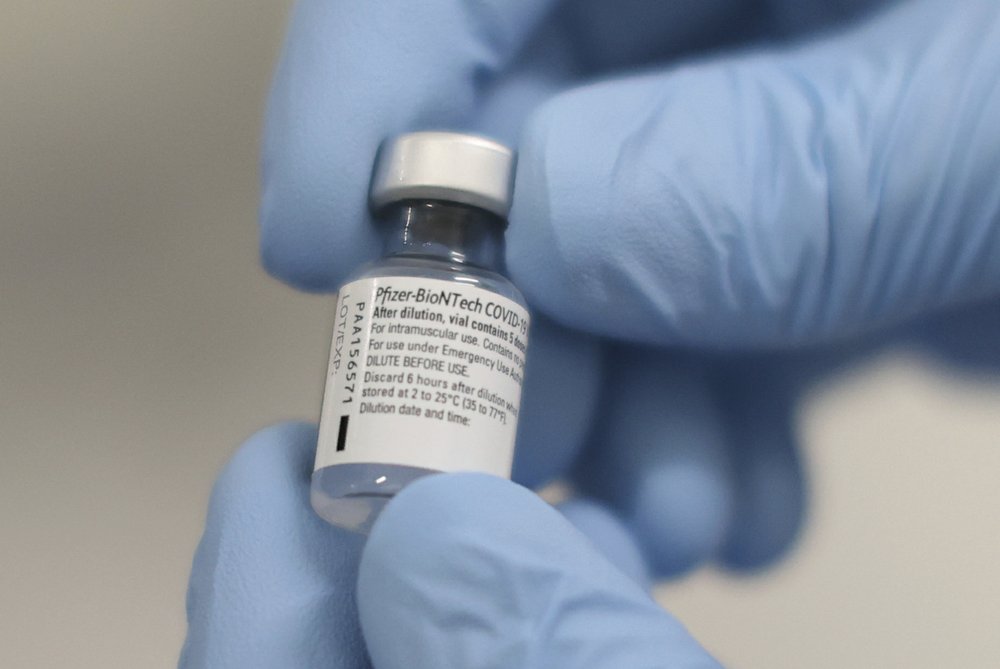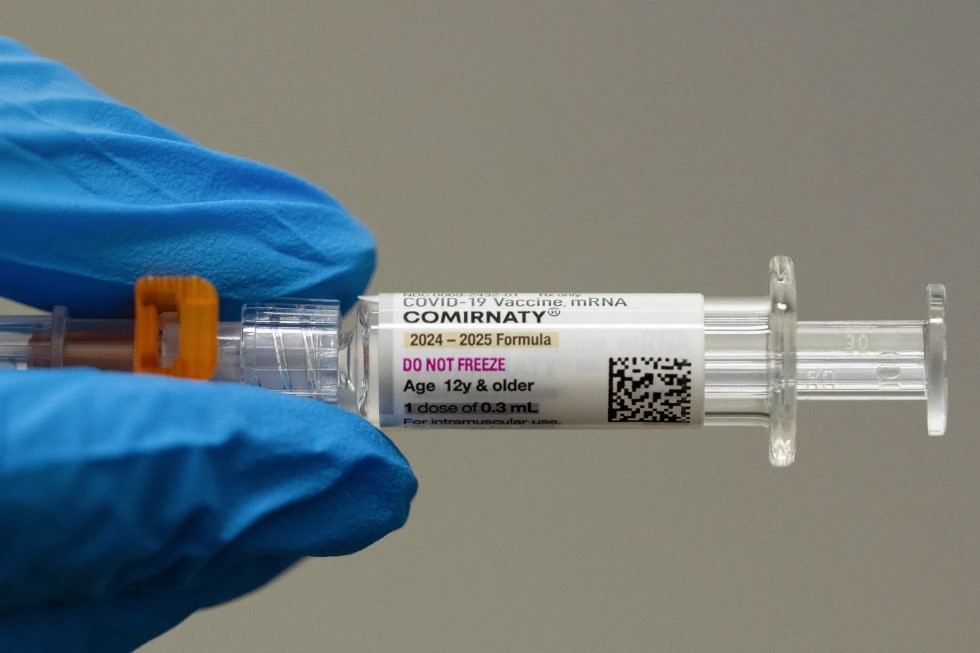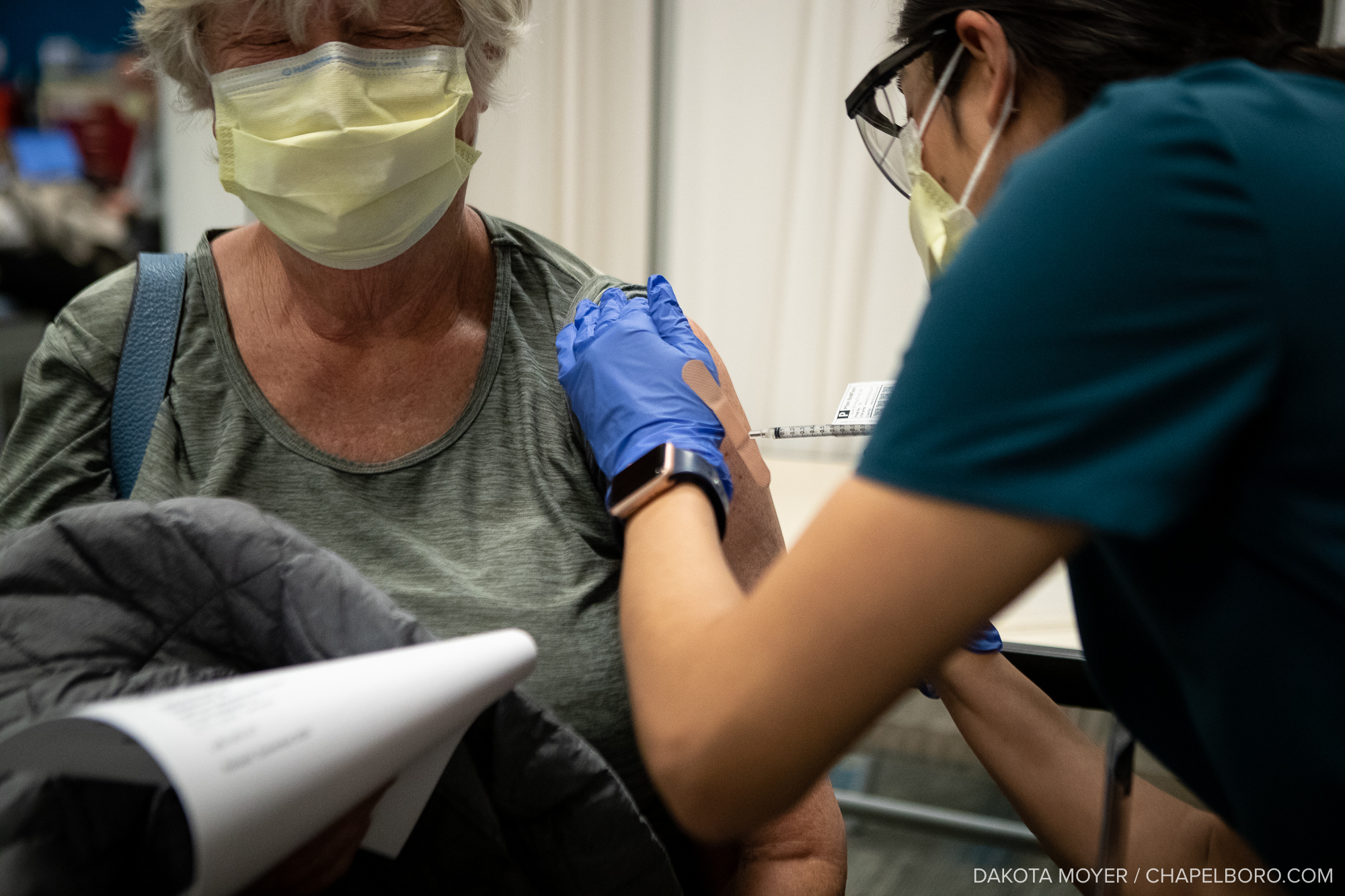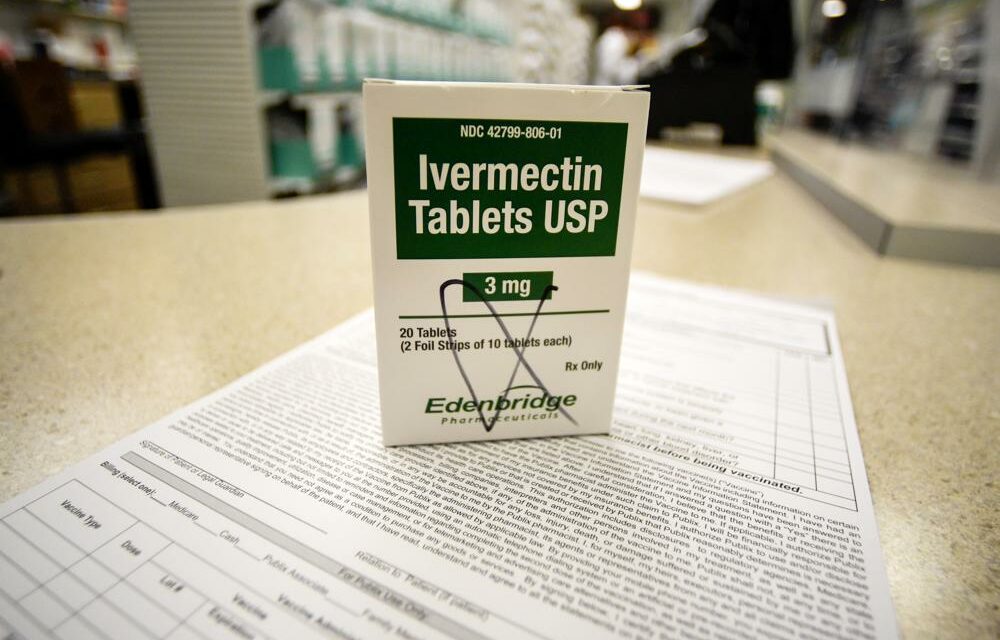A Duke Clinical Research Institute study found no difference in relief for mild-moderate COVID-19 symptoms for patients taking ivermectin and patients taking a placebo.
Ivermectin is one of three medications in a ACTIV-6 nationwide study. It is typically used to treat parasite infections, but was repurposed to try and treat COVID-19 symptoms.
ACTIV-6 is part of the National Institutes of Health-funded Accelerating COVID-19 Therapeutic Interventions and Vaccines. The Duke Clinical Research Institute is the clinical coordinating center whereas Vanderbilt University Medical Center is the study’s data coordinating center.
The ACTIV-6 study, titled “The Randomized Trial to Evaluate Efficacy of Repurposed Medications,” has more than 4,000 participants with plans to include nearly 15,000.
The ivermectin part of the study began in June 2021 with 1,537 participants across the country enrolled in a double-blind trial. During the trial, participants either took 400 mcg/kg per day of ivermectin or a placebo for three days.
Dr. Adrian Hernandez, the study’s administrative principal investigator and the executive director of the Duke Clinical Research Institute, said there was no significant benefit in resolution of symptoms.
“Overall, most people improved their symptoms whether they took ivermectin or not,” Hernandez said in a release. “Given these results, there does not appear to be a role for ivermectin outside of a clinical trial setting, especially considering other available options with proven reduction in hospitalizations and death.”
Ivermectin is not an FDA approved medication to treat COVID-19 and should only be taken as part of a clinical trial.
The ACTIV-6 study is now studying the potential effect of a 600 mcg/kg dose across six days.
“Given the favorable safety profile and continued public interest in ivermectin, the ACTIV-6 team will continue to study this higher dose to determine whether it will make enough of a difference to be considered for the treatment of mild-to-moderate COVID-19,” Dr. Susanna Naggie, the Duke Clinical Research Institute principal investigator overseeing the study’s clinical coordinating center said. “We are committed to sharing these study results with participants, the public, and scientific community when they are available.”
Photo via AP Photo/Mike Stewart
Chapelboro.com does not charge subscription fees, and you can directly support our efforts in local journalism here. Want more of what you see on Chapelboro? Let us bring free local news and community information to you by signing up for our biweekly newsletter.
Related Stories
‹

Duke Expert: If COVID Vaccine Boosters Come This Month, Low-Risk Public Should WaitIn mid-August the FDA approved a third round of the Pfizer or Moderna vaccine for immunocompromised peoples. Now, President Joe Biden wants all Americans to be eligible for a booster shot the week of September 20 – with healthcare workers and nursing home residents first in line.

UNC, Duke Health To Require Staff COVID-19 Vaccinations by SeptemberUNC Health, alongside other state healthcare systems, has announced that it will make COVID-19 vaccinations mandatory for all staff. According to a UNC Health statement, all staff must receive their vaccine by Tuesday, September 21. The message said the main goal of these mandatory COVID vaccinations is to “protect the health and safety of our […]

UNC Health, Duke Health and WakeMed Prioritizing or Rescheduling Non-Critical ProceduresUNC Health, Duke Health and WakeMed shared a joint statement on Wednesday saying all three are prioritizing and rescheduling non-critical surgeries, procedures and appointments. The three health systems made the announcement as they shift to conserve important clinical resources during the ongoing novel coronavirus outbreak. The move also helps protect patients and medical professionals as […]

Duke Experts Share Advice On Avoiding, Treating Respiratory Viruses Over HolidaysDuke Health recently held a discussion on how people can avoid or cope with viral illnesses during the holiday season.

UNC Health Infectious Disease Researcher Defends mRNA Vaccine Methods After Federal Funding CutsFollowing the criticism of mRNA vaccine strategies by federal leaders, UNC Health's Dr. David Wohl shared why he supports the research.

Got the Sniffles? Here’s What To Know About Summer Colds, COVID-19 and MoreFederal data released Friday shows COVID-19 is trending up in many parts of the country, with emergency department visits up among people of all ages.

RFK Jr. Ousts Entire CDC Vaccine Advisory CommitteeOn Monday, U.S. Health Secretary Robert F. Kennedy Jr. removed every member of a scientific advisory committee on how to use vaccines.

UNC Hospitals Begins Visitor Restrictions Based on Rise of Respiratory IllnessesThe UNC Hospitals campuses in Chapel Hill and Hillsborough began visitor restrictions on Monday as respiratory illnesses tick up.

5 Things We Know and Still Don’t Know About COVID, 5 Years After It AppearedCOVID-19 is less deadly than it was in the pandemic’s early days. But the virus is evolving, meaning scientists must track it closely.

Nearly 10,000 Died From COVID-19 Last Month, Fueled by Holiday Gatherings and New Variant, WHO SaysThe head of the U.N. health agency said holiday gatherings and global spread led to increased transmission of COVID-19 last month.
›












